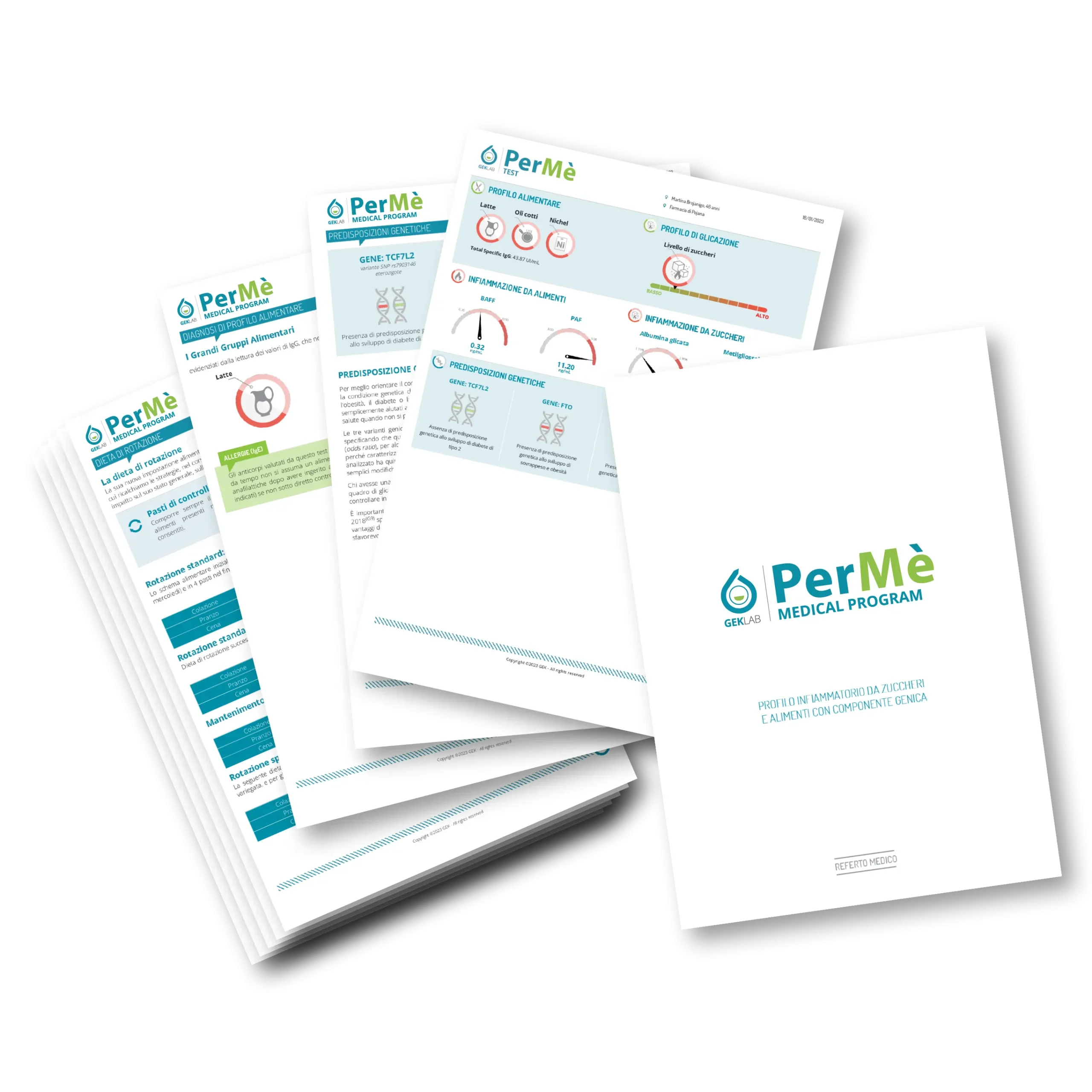
At the core of autoimmune diseases (such as Hashimoto’s thyroiditis, rheumatoid arthritis, Sjogren’s syndrome, systemic lupus erythematosus, certain forms of connective tissue diseases, Crohn’s disease, etc.) lies the immune system’s improper recognition of the body’s own tissues or organs
Immune system cells become “confused” and “attack” healthy tissues, triggering a chronic inflammatory response.
Although different factors may contribute to the onset of autoimmune diseases, a common denominator often present in the body is a self-sustaining and chronic inflammation process.
It is estimated that autoimmune diseases collectively affect about 3% of the population, which in Italy means over one and a half million people.
Collectively, all autoimmune diseases place a significant burden on the public healthcare system. Many patients with autoimmune conditions require medical care for decades.
Sometimes, an autoimmune disease may also have a hereditary cause or a genetic predisposition, which can develop into a disease following triggering events such as excessive stress, exposure to medications or bacterial and viral agents, an unbalanced diet, or exposure to cigarette smoke.
In terms of prevention, being aware of the presence or absence of a genetic predisposition can certainly be helpful in gaining greater awareness and a more comprehensive perspective.
A multicenter international study, led by Italian researcher Maristella Steri and published in the New England Journal of Medicine, highlighted that an alteration in the TNFSF13B gene (known as BAFF-var) is associated with an increased risk—approximately 1.5 times higher—of developing autoimmune diseases.
In particular, BAFF-var leads to a significant increase in the levels of B-cell Activating Factor (BAFF), an inflammatory substance that, in turn, keeps the immune system “overactive.”
BAFF is a cytokine, a protein released by the body that serves as an indicator of systemic inflammatory processes.
The relationship between BAFF and diet is both significant and well-documented. The repeated consumption of the same food stimulus can, by itself, lead to an increased production of BAFF.
For this reason, identifying which foods are consumed in excess and adjusting their intake—based on individual genetic predisposition—can be an innovative strategy to help regulate even some less favorable inherited genes.
The PerMè Medical Program and the Glyco Medical Program allow for the analysis of potential genetic predisposition to autoimmune diseases.
Edited by The scientific Editorial Team GEK Lab





